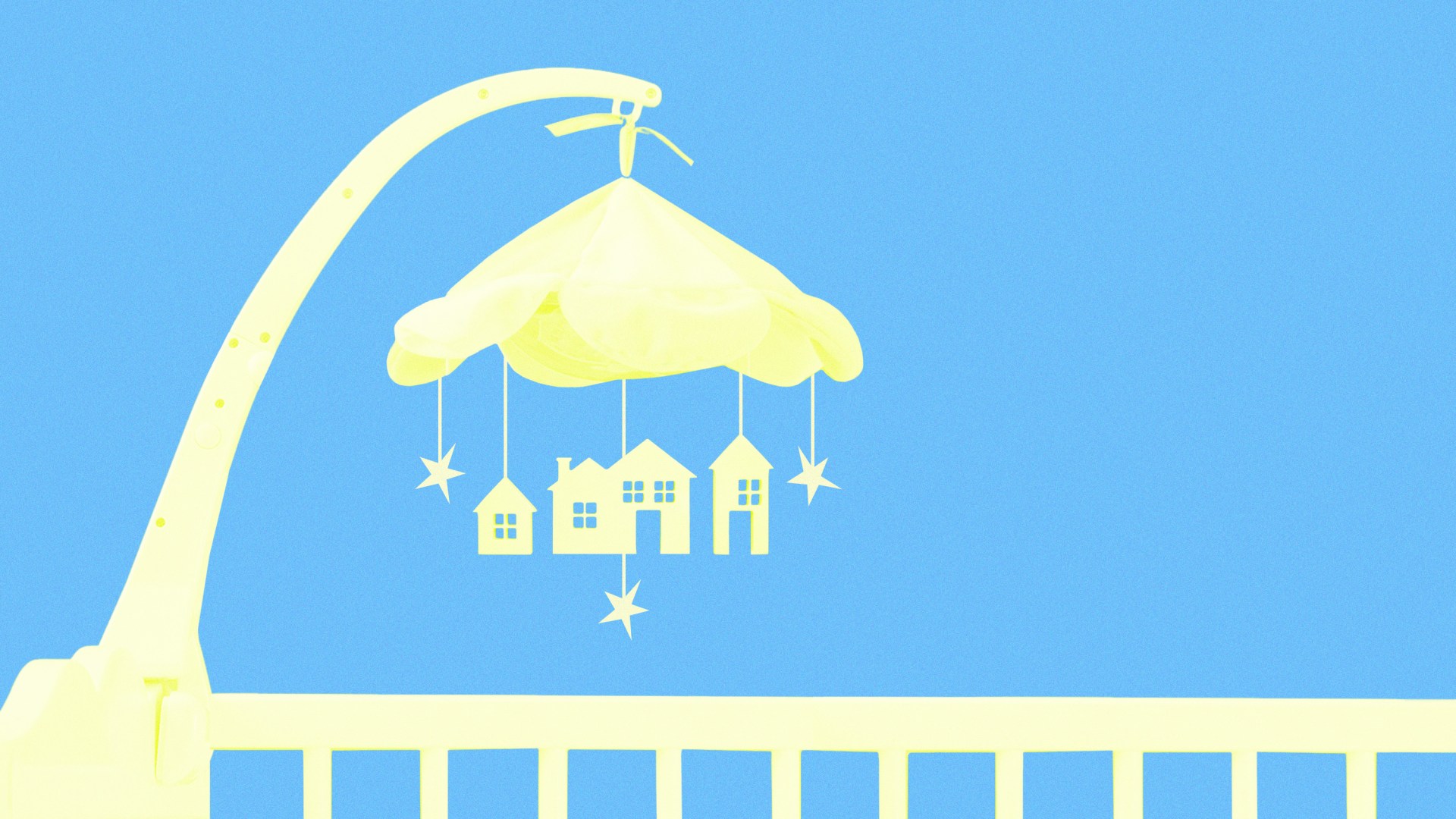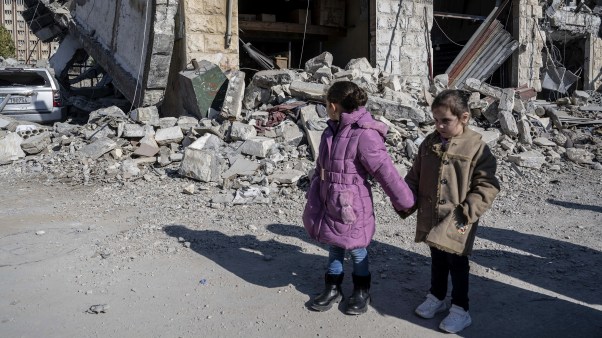When I learned I was pregnant with our youngest, I knew our church shopping had to end.
My family had moved to Pittsburgh about a year prior, and it took us longer than we expected to find a church. We arrived in the summer of 2021, when many congregations weren’t back to full post-pandemic capacity. Most had in-person services again, but childcare was iffier. With 2-year-old twin boys, nursery was a must-have if we wanted to retain anything from the sermon.
So we spent six months trying one church (big, older congregation, hard to meet people), then six months at another (small, and services during our dinner time meant cheese and crackers in the pews). Then we visited a third church—they’d finally gotten the nursery going again—and, two months later, I found out about the baby.
We were leaning toward joining this church anyway, but looking at that pregnancy test, the decision was made. It felt like running for shelter when you see a storm on the horizon, scanning for cover at that first sniff of rain. Was there even a choice? We had to commit. We couldn’t have a baby without a church.
People do, of course, and I can only suppose they’re more courageous than me. I can’t imagine navigating those early months with a newborn without the support of a local congregation. It’s not just the casseroles, though certainly those are a boon. It’s knowing that there are dozens, even hundreds, of people physically nearby who care that you had a baby—people who will help you, tangibly and spiritually, now and for years to come.
They will help not because they’re all blood relations or even good friends. Some you may barely know. They will help in ways large and small because they and you are the church together. They will do this informally and institutionally, but they will also pledge their help—explicitly, publicly, before God and each other—and train one another, one generation to the next, in how to make good on that promise.
In some churches, this happens during infant baptism. In others, Christians dedicate babies and baptize them later. In either case, the congregation’s part tends to be the same: We promise to support the children and their families in their lives and faith. We welcome them into the community, and we actively commit ourselves to their care.
This may not seem like a big deal if you’re a cradle Christian. Isn’t that standard? Isn’t it just what you do? Let me assure you: It is a big deal. It’s always a big deal, but it’s a particularly big deal in a culture like ours, where parenting often feels isolating and exhausting, where it’s socially permissible to opine that young and imperfectly behaved children should be banned from many public spaces, where the work of child-rearing is increasingly expected to fall exclusively on parents’ shoulders.
I should pause here to note that the modern West is wildly inconsistent in how we think and talk about kids (even before you get to the politics of it all). We have anti-child misanthropy alongside pro-child graciousness. We have falling birthrates and ever more elaborate and exacting parenting practices.
Some pockets of culture are more pro-child and pro-parent than average. Still, it seems clear that the average has moved in a decidedly lonely and “family unfriendly” direction. As Atlantic contributor Stephanie Murray has observed, the rising norm is that your kids are your problem, a personal project to be kept out of everyone else’s way until they’re old enough to be reliably appropriate and useful.
The trouble with this view is that it’s not how parenting or maturation work. Raising kids is primarily parents’ right and responsibility. But it’s also “a fundamentally social endeavor,” Murray writes, in which everyone has some role—a role more and more adults are “essentially renouncing” in our increasingly low-trust society where parenting is seen as an optional lifestyle with consequences to be borne by those who choose it.
Growing up is a social endeavor, too. Kids are part of society, and they only learn how to act around other people by being around other people, especially other people who care enough to issue corrections and offer a hand after a fall. When the village renounces its role, parents aren’t the only ones who feel alone and adrift.
At church, though, you can’t renounce that role. You verbally affirm it with every new baby. In infant dedications and baptism, we deliberately welcome children and their parents qua parents into Christian life together. In promising to help parents “train up a child” (Prov. 22:6, KJV), we train ourselves, too, in what it means to be a community.
Much has been written recently about growing secular interest in Christianity’s practical benefits: how the church can encourage good behavior and foster friendships and stabilize society. With that talk has come warnings against instrumentalizing our faith—that is, societal advantages aside, it matters whether Christianity is true, whether Jesus really is God, whether he really defeated sin, death, and the devil (Heb. 2:14–18), whether we really can expect him to come again and complete his redemption of the world. We don’t go to church only for community and casseroles (or, if we do, we likely won’t go for long).
Yet neither are community and casseroles irrelevant. We don’t “want people joining churches for the social perks,” as theologian Brad East recently wrote for CT, but the “Lord and his family come together.” We don’t have to disambiguate our allegiance to Jesus and enjoyment of the benefits of his church. In fact, we shouldn’t try. They are of a piece. The church is not a building, as my mother always drilled into my head, but it is a sturdy shelter in all kinds of storms.
Bonnie Kristian is the editorial director of ideas and books at Christianity Today.













